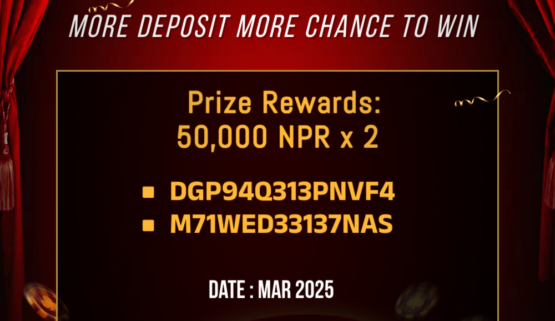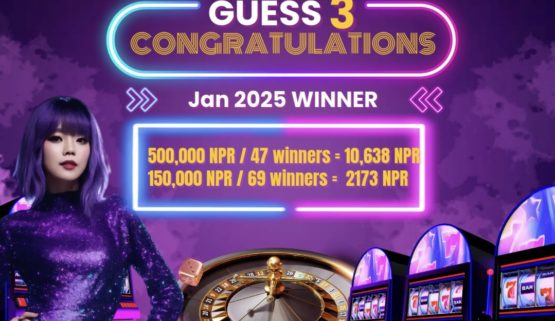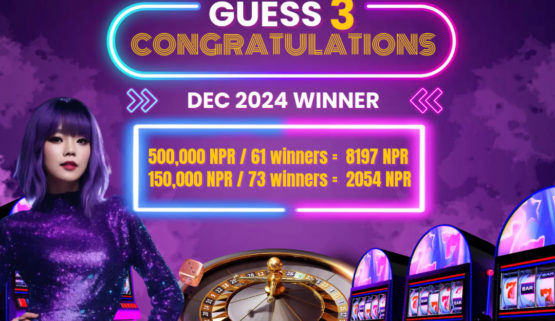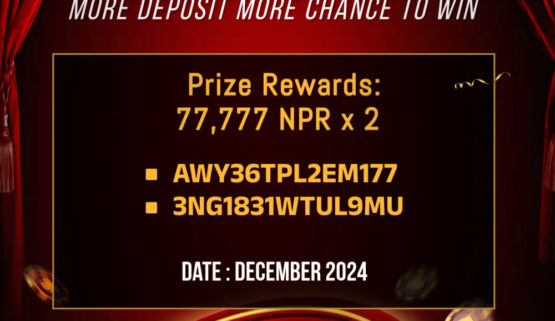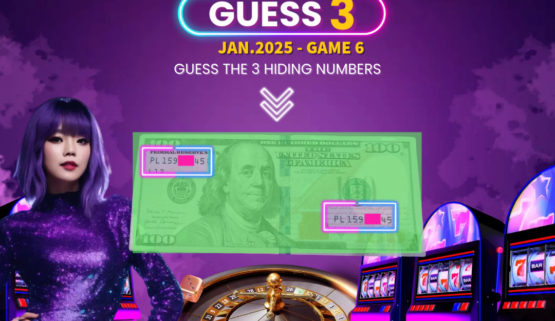As the sun beamed down on Stade Roland Garros on this warm June afternoon, all eyes of a hushed and expectant crowd were fixed on the dreadlocked, 6’3” frame of the man about to make history.
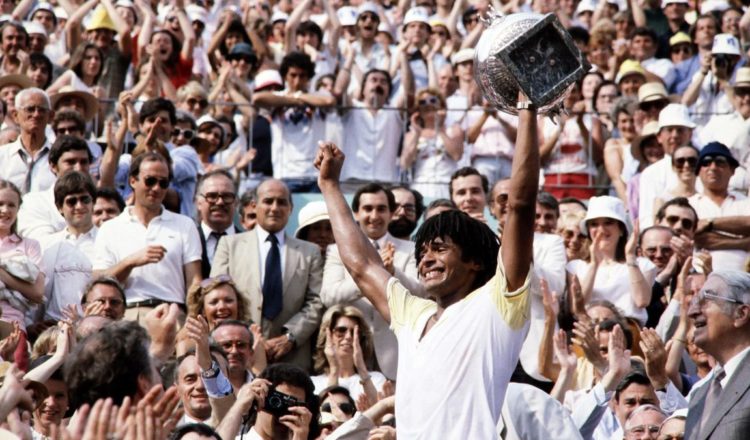
Two hours and 24 minutes had passed since his long forehand allowed defending French Open champion Mats Wilander to claim the first point of the 1983 final, but that was long forgotten by this stage.
Yannick Noah, whose previous best from his 16 Grand Slam appearances was just two quarter-final appearances – both also in Paris – now had championship point against fifth seed Wilander.
Keeping his cool, the 23-year-old fired his serve down the centre line forcing his Swedish opponent to miscue his forehand return, sending the ball into the air and beyond the baseline.
An ear-splitting cheer goes up as the victor drops to his knees in ecstasy – Yannick Noah is a Grand Slam champion.
More than that, Noah’s 6-2 7-5 7-6 victory on the famous orange clay also made him the first Frenchman to win the French Open in 37 years, as well as just the second Black male player to win a major after Arthur Ashe.
Curiously, his tennis journey would actually begin with the legendary Ashe, who spotted a young Noah playing as child during a trip to Cameroon.
Although Noah was originally born in Sedan in the North of France, his father and former Cameroonian professional footballer Zacharie Noah returned to Africa with his French wife and children in the early 60s.
The American Ashe, who Noah described as his hero, recommended the talented youngster move back to his mother’s homeland to pursue tennis more seriously.
“I met him when I was 11,” Noah told the documentary ‘Noirs en France’ in 2021. “He held out his hand to me and it turned my life upside down”
Seven years later in 1978, the two played side by side at Wimbledon in the men’s doubles, winning their first-round match before getting knocked out in round two. Five year’s later, Noah was on top of the world in his own right.
“French tennis was suffering in the 1970s,” explained Eurosport France’s Maxime Battistella. “Until Philippe Chatrier took over as President of the French Federation of Tennis (FFT).
“He initiated a new policy to develop tennis in the country with Jean-Paul Loth by his side as ‘directeur technique national’.
“Noah was one of the ‘products’ of this new policy, the most talented, and hard working guy of his generation.”
A FAMILY OF WARRIORS
Speaking to the Echange podcast for Eurosport in 2019, Noah himself explained his motivations and drive to succeed at tennis.
“My father was a warrior,” he said. “My mother was a warrior. My son Joakim has that too.”
His mother Marie-Claire played basketball as does son Joakim who starred in the NBA.
“The common point between Joakim, dad and me is that at the start, we weren’t not gifted, we are rather outsiders. But we are enraged.”
Noah also revealed he dedicated far more time and effort to improving than his friends at the Sophia-Antipolis Country Club where he trained after moving back to France.
“I counted my hours of training and I compared them with theirs. At the end of the week, it still gave me 12 more hours. I progressed like that.
“Maybe I didn’t not have the best forehand or the best backhand but on all the areas that I could work on alone, especially the serve and the physique, there yes, I was good.”
The hard work paid off with Noah’s triumph in Paris, the culmination of his dedication to reach to summit of the sport.
“Noah was well-known and pretty popular at the time, because of his previous results in Paris,” added Battistella. “He reached the quarter-finals in 1981 and 1982. And in 1983, he won in Madrid and Hamburg on clay just before the French Open.
“When the tournament began, he was part of the Top 10, so French fans expected a big run from him. He represented a real chance of victory but it was difficult to consider him as THE favourite.
“When he won, there were huge celebrations. People invaded the court, and his father even jumped from the stands to hold Noah in his arms. Emotions were intense.”
‘I WAS REPRESENTING ALL THE BLACK PEOPLE THAT DIDN’T PLAY TENNIS’
The reach of tennis as a sport stretches across the globe with many nationalities represented among the game’s top stars down the years, but in terms of diversity, Black success is relatively sparse.
Although the success of the Williams sisters among others in recent decades has changed this for the better, things haven’t always been so straightforward.
As well as a French success, Noah’s win had wider cultural significance due to the fact he was just the second Black man to win a tennis Grand Slam.
“You can say without being too excessive that, in French sports, he was one, and still is, one of the biggest symbols in this discussion,” said Eurosport France’s Cyril Moran. “But he changed so much of the perception.”
Noah himself acknowledged this in the ‘Noirs en France’ documentary:
“At Sport-études (a sporting academy), I was different. In every class I was in, it was always the same situation but I liked it. The other guys were saying ‘I’m playing the little black’. I was really not playing a role but I had a real role.
“I didn’t represent only myself, Yannick. I was representing all the Black people that didn’t play tennis. It wasn’t something I asked, it came upon me. But I wanted to show that I will be the first to do it, to prove that the ‘Little Black’ could do it. It gave me so much strength.”
MCENROE: NOAH IS TENNIS’ ONLY REAL ROCK STAR
Glory at Roland Garros propelled Noah into the limelight and to this day remains France’s most famous male tennis player.
Although the French Open title was his only success in majors, Noah would claim a number of other titles and also captained France to three Davis Cup wins in 1991, 1996 and 2017.
His success has paved the way for other high profile Black tennis stars such as Gael Monfils and the recently retired Jo-Wilfried Tsonga, who both hailed Noah as an inspiration in their respective careers.
Off the court, he embarked on a successful career as a musician following his retirement, as well as extensive charity work.
In 2010, French paper Le Journal du Dimanche ran a poll that saw Noah come out on top as the nation’s favourite celebrity.
His success beyond tennis, particularly in the music charts, even prompted friend and fellow former star John McEnroe to remark:
“Among the tennis players who dreamed of being rock stars, Pat Cash, Mats WIlander, yours truly, he’s the only one who actually became one.”

